What is your name and your role on the European Service Module team?
My name is Lorenzo Andrioli and I am the main thermal analysis engineer for the European Service Modules at Thales Alenia Space.
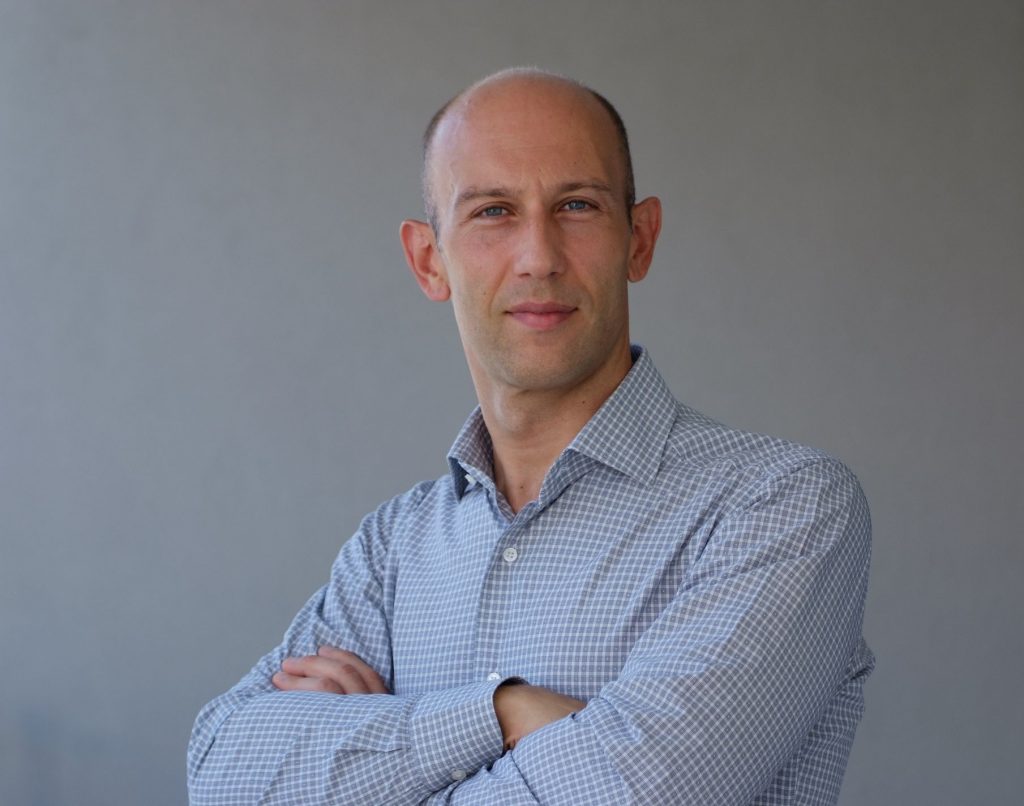
How long have you been involved in European Service Module’s development and what are your tasks?
I am particularly proud to work with my Thales Alenia Space colleagues on the European Service Module for Orion. Especially because the role of my company on the Orion spacecraft is extensive, providing the service module with critical subsystems for all six vehicles in the making, including structure, micrometeoroid protection, thermal control, storage and distribution of consumables.
I started working on the European Service Module in early 2012 as a thermal analysis engineer. The European Service Module overall thermal model was in its early days. My role as the thermal analysis engineer has been to maintain, detail, correlate, grow, and run the European Service Module’s thermal model, simulating the spacecraft’s thermal behaviour in every mission phase it will go through from the ground up to the Moon and back. I am also part of the operations thermal team that will support the Artemis I mission from the ESA’s ESTEC control room in The Netherlands.
What is your educational background and prior work experience? How did you come to work on European Service Module?
I graduated as an aerospace engineer in 2006 at the Politecnico di Torino, Italy, with a focus on propulsion, but I ended up working in the thermal control and protection field for Thales Alenia Space in Italy ever since. From ESA’s experimental re-entry vehicles to geostationary satellites and International Space Station cargo modules, my background spans from both unpressurised and pressurised vehicles, actively and passively thermally controlled. The variety of thermo-physical problems I coped with and my problem-solving attitude, along with the knowledge about the modelling and solving platforms required that I work for the US programmes and made me good fit for the intricate Orion European Service Module project.
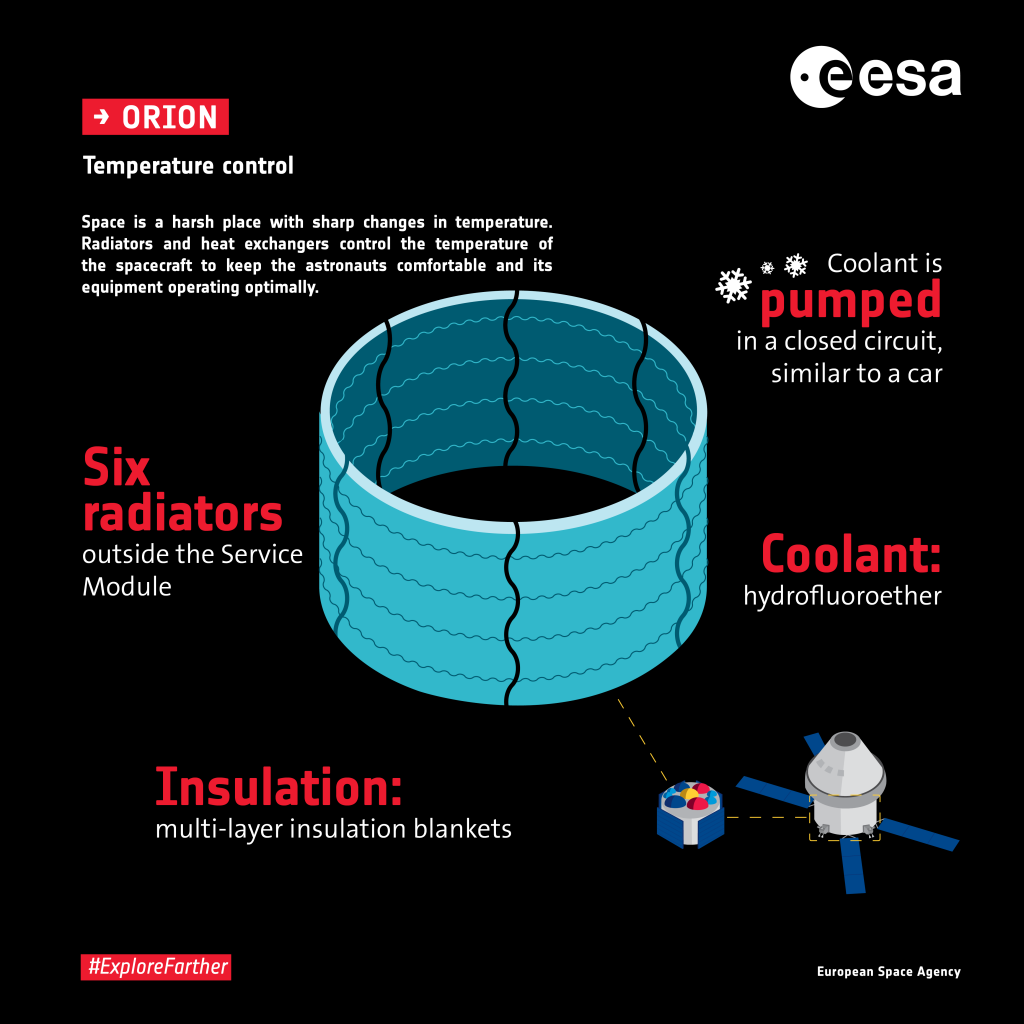
What is the most notable or memorable moment during your time working on European Service Module?
One of the most exciting and probing activities I have contributed to was the thermal vacuum test performed at the Plum Brook Station facility in Ohio, USA, on the first complete vehicle stack. That is the biggest vehicle ever tested in vacuum on Earth and the test took around two months to complete. The European Service Module thermal model correlation started during the test (a one-of-a-kind approach) and was one of the most challenging activities I have experienced. It is not easy to select a single event in over ten years of experiences, and the future is bright with the upcoming Artemis I mission support!
What does it mean to you to be part of the larger team helping to get humans back on the Moon?
Through the years I have had the pleasure to work with tremendously competent professionals from space agencies and companies around the world. The professional relationships with some of them turned into friendships that still hold over the distance and the time, and that is one of the best things of this job. Being part of the same space community, building together the means that will enable humankind to get to the Moon again, is an exciting and rewarding experience.
What is one thing you’d like the European public to know about your job?
Some think that working as an engineer is cool. Some engineers think that working as a thermal engineer is cool. Some thermal engineers think that working as a space thermal engineer is cool. As an ESM space thermal engineer, I thank the European public to support this great opportunity to do such a cool job!
Do you have any advice for future generations interested in space exploration?
Making a human being survive in such a harsh environment as space is the result of the effort of thousands of competent people extremely focused on that unique goal. Not people from just one country, or from just one continent, or of one ethnicity alone. This is invaluable from both the scientific, social, and international collaboration standpoints. Being part of it can make it happen again and again, exploring the cosmos to make the Earth a better place to start the human journey and not just a place to leave behind. If you want to be part of it, if your dream is to contribute to the space exploration, keep studying and grow a scientific mindset: it is so much fun and it will help realise your dream!

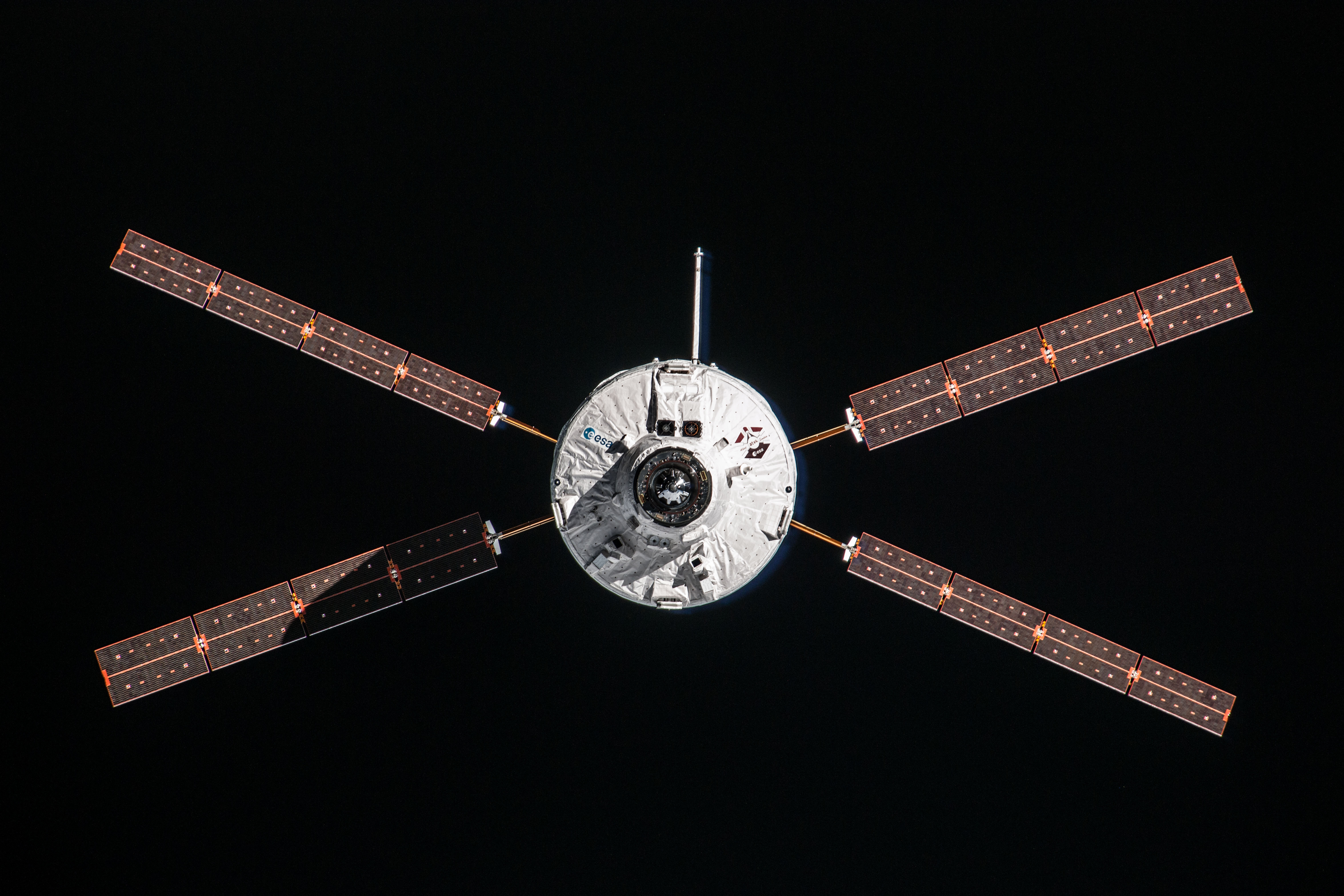 Automated Transfer Vehicle page
Automated Transfer Vehicle page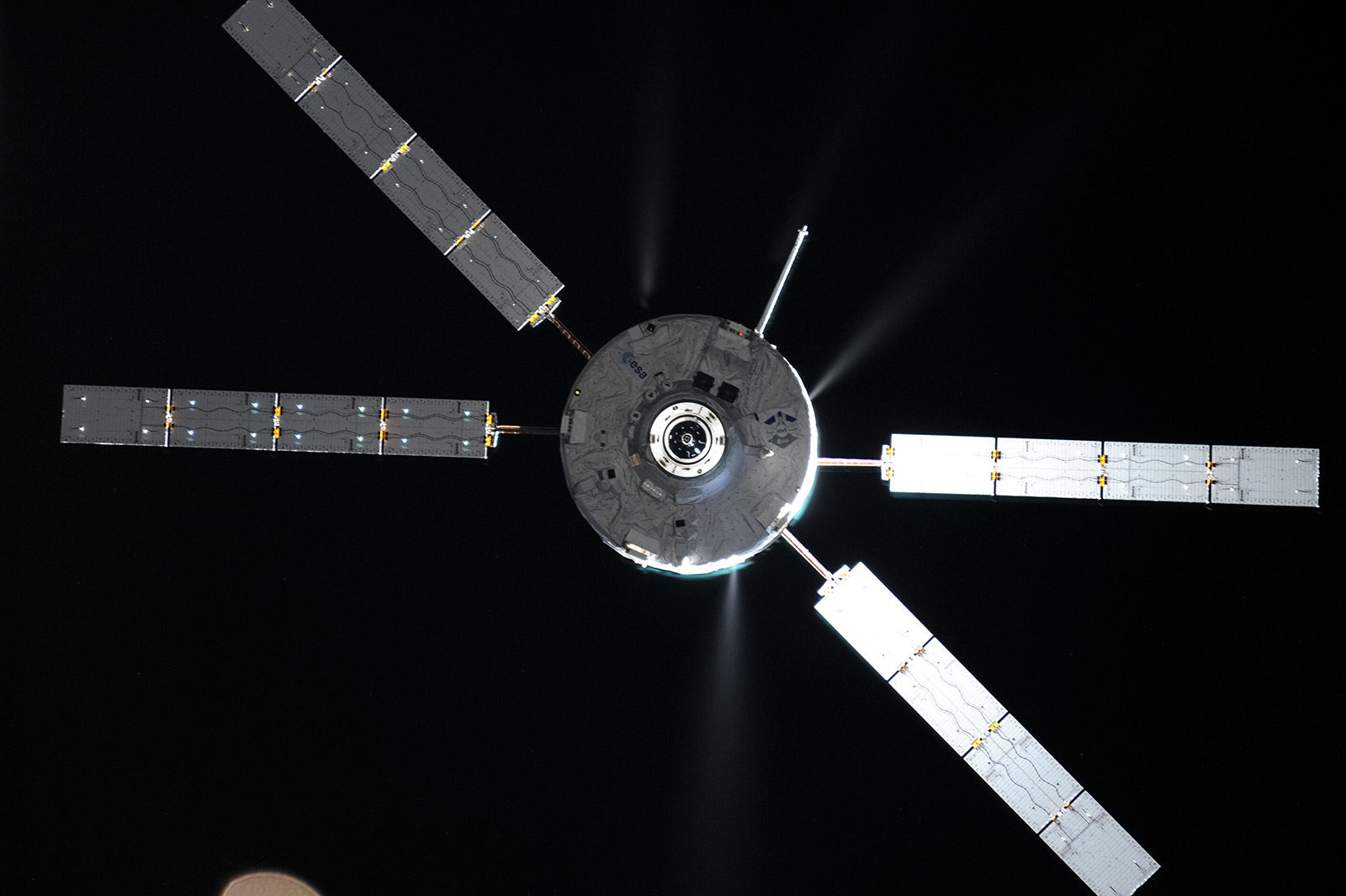 ATV blog archive
ATV blog archive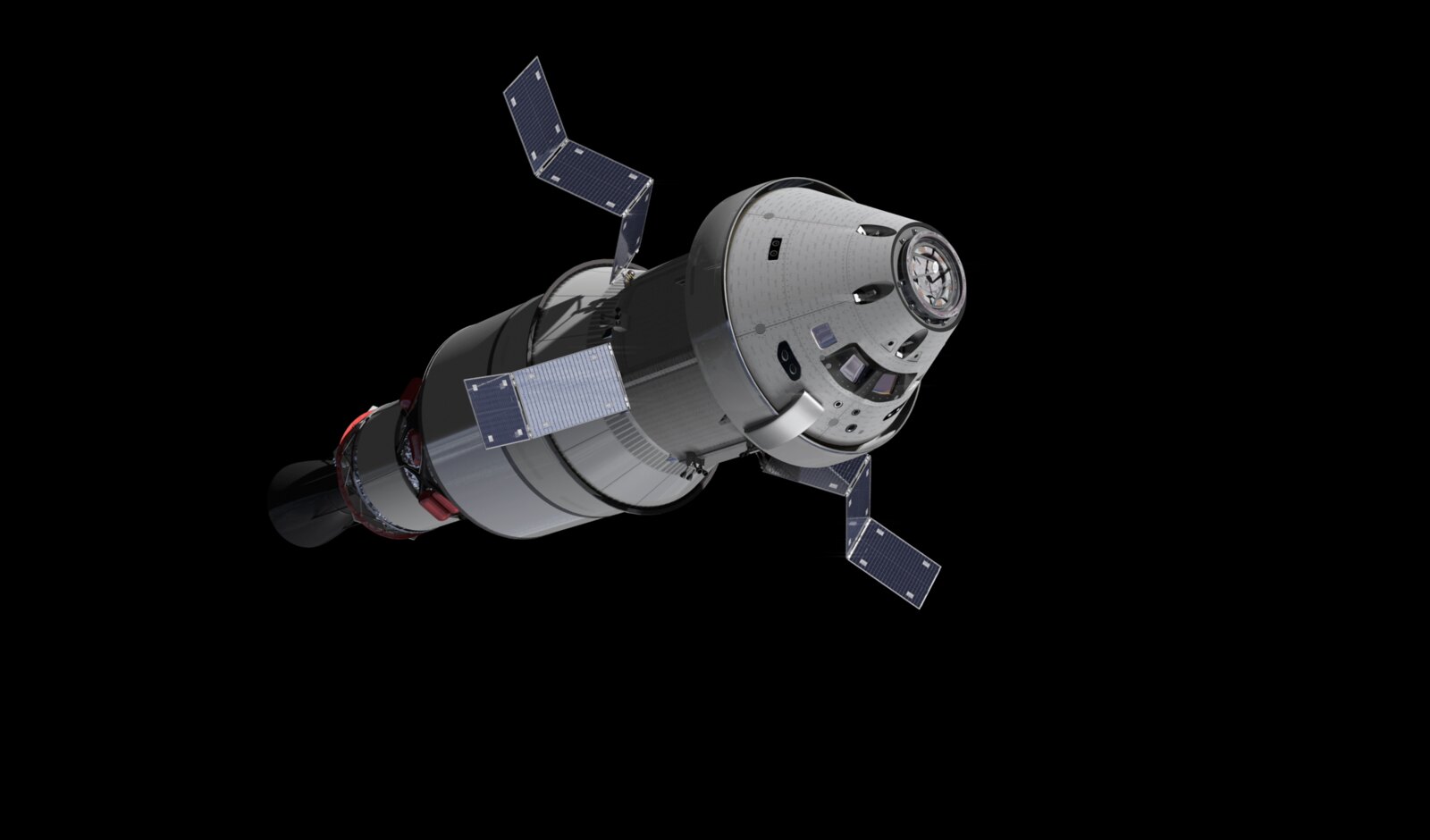
Discussion: no comments